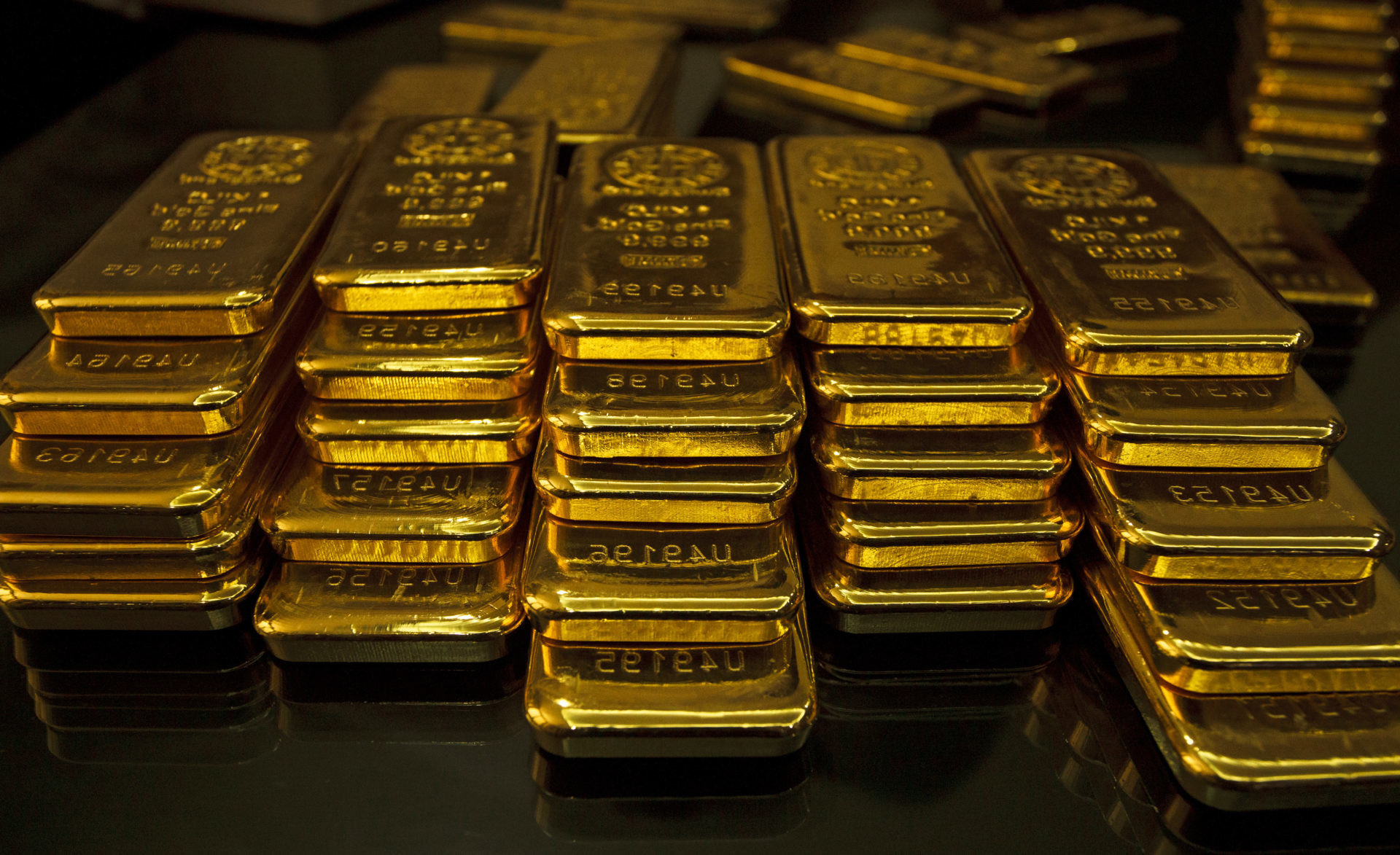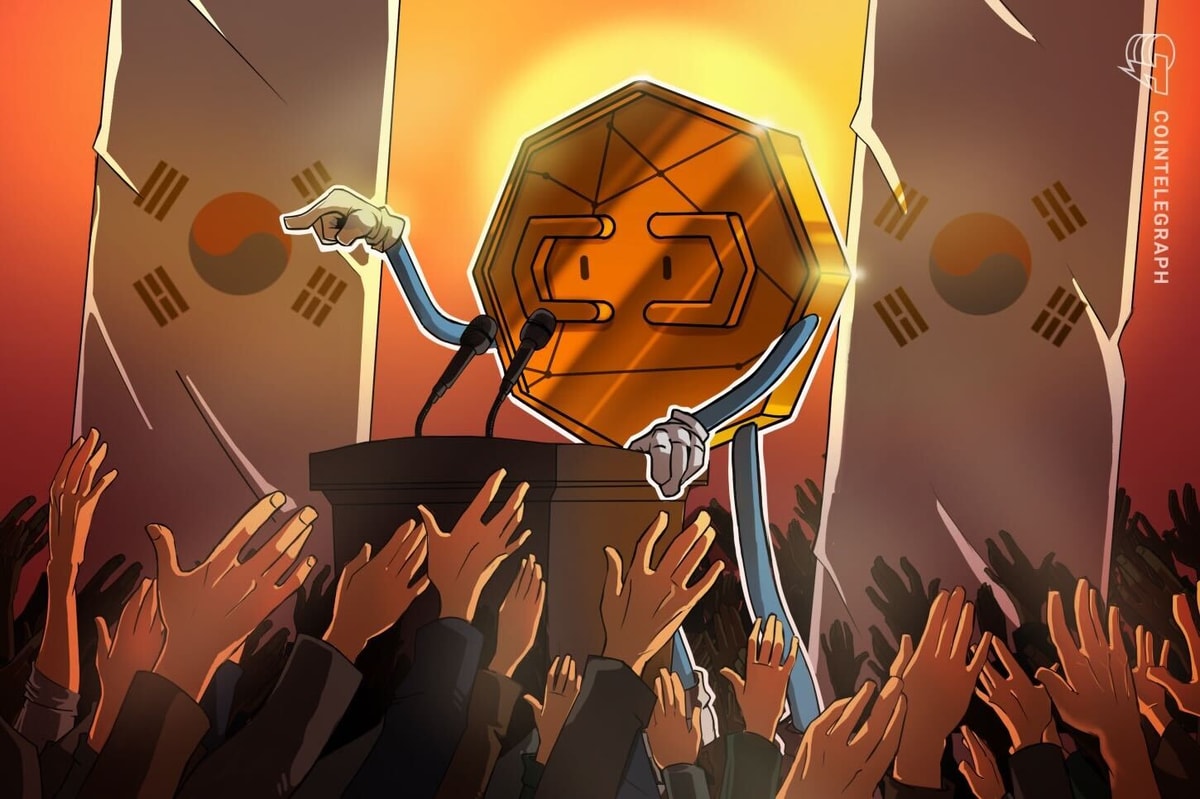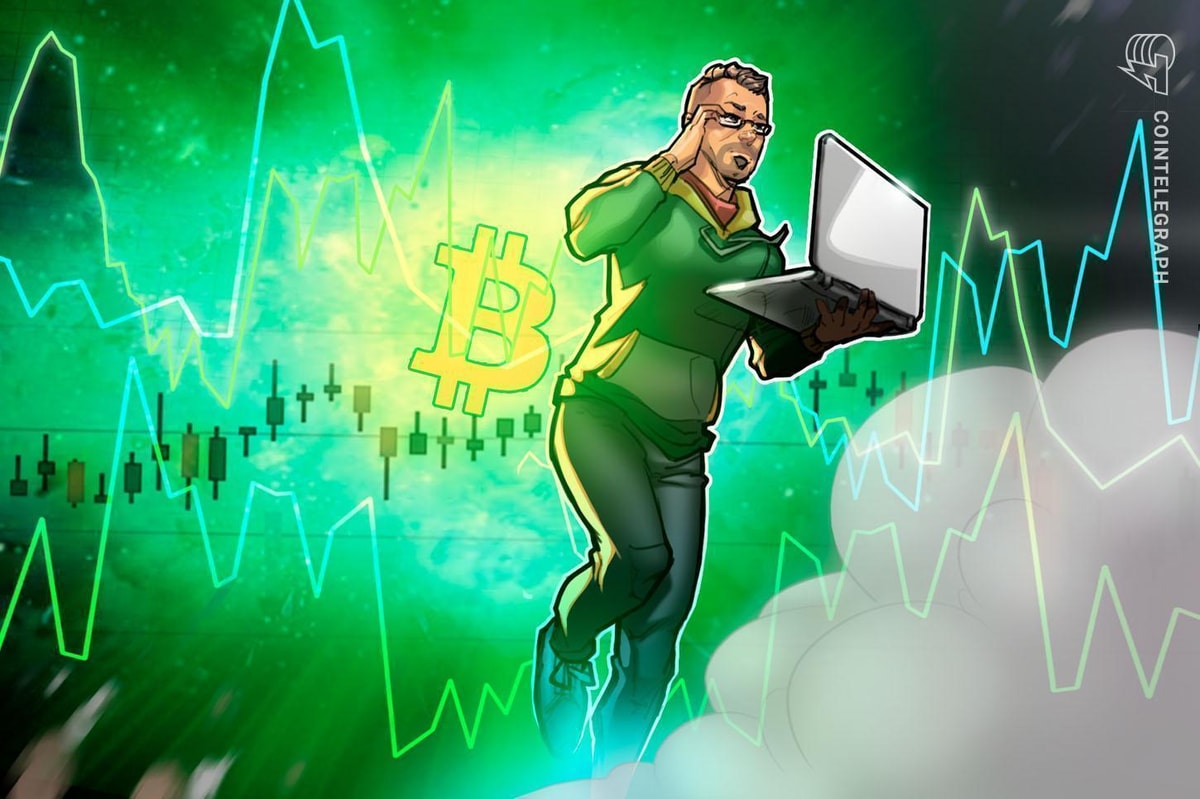After a decade of unprecedented quantitative easing, the appeal of a sound currency is returning. Now, the Dutch Central Bank has reiterated some of the messages of gold bugs, stating that gold may become the basis for an economic restart.
Gold Reserves Could Restart Global Economy
The Dutch Central Bank mentioned that gold reserves could be used to start from scratch in case of a global economic collapse.
Dutch Central Bank: "If the whole system collapses, the gold reserve can serve as collateral to start from scratch." https://t.co/5OxwXo6Drc
— Tuur Demeester (@TuurDemeester) October 12, 2019
The comments arrive at a time when the US Fed is entering another spiral of quantitative easing. The Fed both lowered its interest rate to 2.25% and recently started pouring funds into the overnight repo facility, to ease the rates on interbank overnight lending. Those efforts signal at significant inflows of fiat.
Central banks across the globe upped their gold purchases in the past few months. Gold has always been a part of central banks’ portfolios, but now the importance has grown. In a world of zero or even negative interest rates, as well as inversed bond yields, gold has also gained appeal as a hedge against runaway inflation and bubbles based on excess liquidity.
Gold and Bitcoin Demand Rise in 2019
The Russian and the Turkish central banks were leaders in gold purchases in 2019. Curiously, both countries are also extremely friendly to crypto assets. And local hyperinflation is a well-known phenomenon for both countries. Turkey is now suffering a shaky exchange rate for the lira, while the Russian Federation still carries the memory of hyperinflation after the collapse of the Soviet Union.
The countries are also hosting vast crypto-based communities, as a tool to offset inflation or sluggish local economies. This fits the observation that demand for gold and BTC usually coincide.
While BTC is more volatile than gold in terms of market prices, it is also much more agile. BTC may be used to make global payments, and despite the scrutiny of the network, it still offers a way to move significant funds overseas where a fiat transfer would be impossible or highly expensive.
In the past quarter alone, gold appreciated from around $1,200 to above $1,500 an ounce. At the same time, BTC prices erased about 30% of their value. Still, BTC outpaced gold in gains this year, appreciating by more than 200%.
Sound money is seen as a solution to an economy flooded by excess liquidity, where fiat money is not meaningful anymore, and lead to the forming of asset bubbles. Even BTC itself is seen as rising to peak prices on the back of excess fiat liquidity, which was seeking new tools for investment.
What do you think about the potential return to gold-backed money? Share your thoughts in the comments section below!
Images via Bitcoinist Media Library, Twitter: @TuurDemeester











